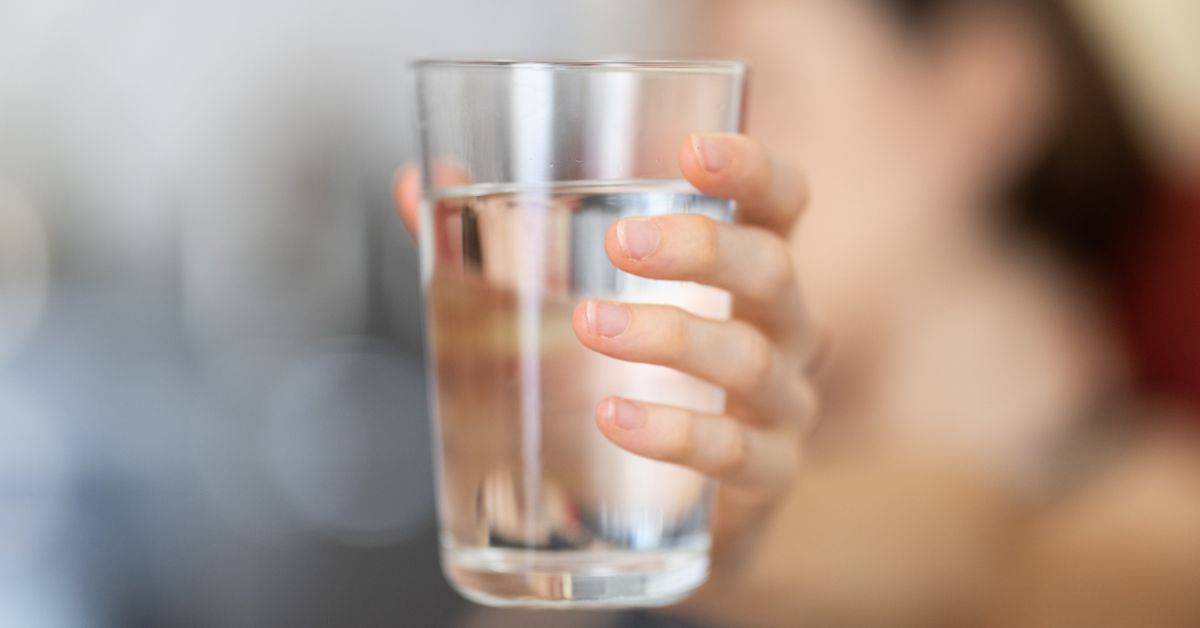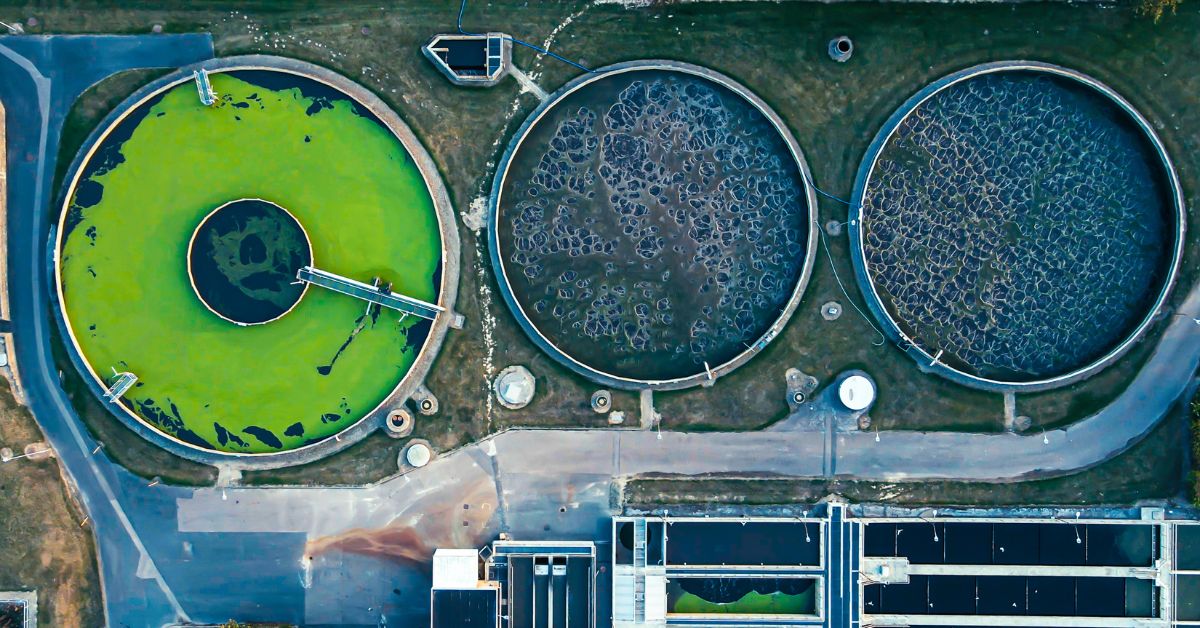
When you turn on your tap, you likely don’t think twice about the safety of the water flowing out. Municipal water treatment facilities use chlorine to ensure that water delivered to homes and businesses is free of harmful pathogens like bacteria, viruses, and parasites. While chlorine is a vital component in making public water systems safe, its presence in drinking water raises questions about health, taste, and long-term effects. Here, we explore why chlorine is used, its benefits, and why you should consider filtering it out before drinking.
The Role of Chlorine in Municipal Water Treatment
Chlorine has been used as a disinfectant in municipal water treatment since the early 1900s. Its primary role is to kill pathogens that can cause waterborne diseases such as cholera, typhoid, and dysentery. These diseases were once rampant before the widespread adoption of chlorination, and its use has dramatically improved public health worldwide.

Municipal water systems distribute water over long distances, which increases the risk of contamination as water travels through pipes. Chlorine remains active in the water, providing residual disinfection that ensures safety until it reaches your tap. This residual protection is one of the key reasons chlorine remains the disinfectant of choice for many municipalities.
The Downsides of Chlorinated Water
While chlorine is effective at protecting public health, it’s not without drawbacks. Here are some reasons why drinking unfiltered, chlorinated water might not be ideal:
Taste and Odor Issues: Chlorine imparts a distinct taste and smell to water, which many people find unpleasant. This can deter individuals from drinking enough water, impacting hydration and overall health.
Formation of Disinfection Byproducts (DBPs): When chlorine reacts with organic matter in water, it can form disinfection byproducts like trihalomethanes (THMs) and haloacetic acids (HAAs). Long-term exposure to high levels of these byproducts has been linked to health risks, including cancer and reproductive issues.
Impact on Gut Health: Chlorine’s disinfecting properties don’t stop at harmful bacteria. It can also kill beneficial bacteria in your gut, which are essential for digestion and overall health.
Effects on Skin and Hair: Chlorinated water can irritate sensitive skin, exacerbate conditions like eczema, and leave hair dry and brittle. Prolonged exposure, such as during showers or baths, can intensify these effects.
Why You Should Filter Chlorine Out of Your Drinking Water
Investing in a water filtration system to remove chlorine offers multiple benefits, including improved taste, odor, and overall water quality. Here’s why filtering chlorine out is worth considering:
Enhanced Taste and Smell: Filters designed to remove chlorine can significantly improve the taste and smell of your water, making it more enjoyable to drink and encouraging better hydration.
Reduced Health Risks: Removing chlorine and its byproducts reduces potential long-term health risks, such as cancer and hormonal imbalances.
Protecting Your Gut Microbiome: Filtering chlorine helps maintain a healthy balance of gut bacteria, which plays a crucial role in digestion, immunity, and mental health.
Skin and Hair Benefits: Chlorine-free water can be gentler on your skin and hair, leaving them softer and healthier. This is particularly important for individuals with sensitive skin or allergies.
How to Effectively Remove Chlorine from Your Water
Several filtration methods can effectively remove chlorine and improve the quality of your water:
Activated Carbon Filters: These are among the most effective at removing chlorine and its byproducts. Available in various forms, such as under-the-sink systems and pitcher filters, they are an accessible option for many households.
Reverse Osmosis Systems: These systems use a multi-stage filtration process to remove chlorine, disinfection byproducts, and other contaminants. They are ideal for comprehensive water purification.
Whole-House Filtration Systems: For those who want chlorine-free water throughout their home, whole-house systems treat water at the point of entry, ensuring every tap and shower delivers clean, safe water.
Chlorine has played an essential role in safeguarding public health by disinfecting municipal water supplies. However, its presence in drinking water can lead to undesirable health effects, unpleasant taste, and other issues. Filtering chlorine out of your water allows you to enjoy clean, safe, and great-tasting water without compromising your health or comfort. By investing in a reliable water filtration system, you can take control of your water quality and ensure the well-being of your family for years to come.
Transform Your Home’s Water Quality